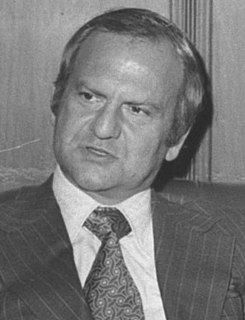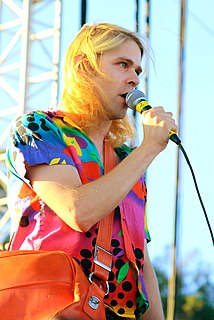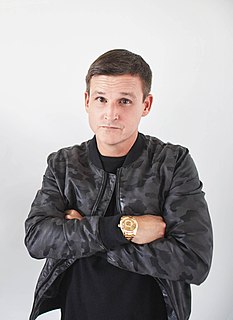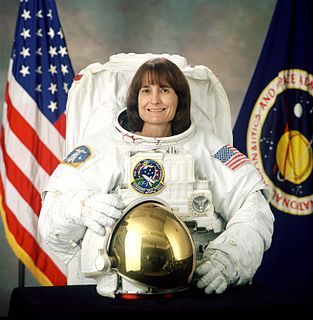A Quote by Buzz Aldrin
My expertise is the space program and what it should be in the future based on my experience of looking at the transitions that we've made between pre-Sputnik days and getting to the moon.
Related Quotes
The first man-made satellite to orbit the earth was named Sputnik. The first living creature in space was Laika. The first rocket to the Moon carried a red flag. The first photograph of the far side of the Moon was made with a Soviet camera. If a man orbits the earth this year his name will be Ivan.
A little righteous anger really brings out the best in the American personality. Our nation was born when 56 patriots got mad enough to sign the Declaration of Independence. We put a man on the moon because Sputnik made us mad at being number two in space. Getting mad in a constructive way is good for the soul- and the country.
I would die to record in space. That would be the coolest. If I got the option of, going into outer space and hanging out there for a day, and then coming back home and dying the next day, or just waiting around to see if there's any opportunity for the technology to develop so that I might experience outer space sometime in the future, I would probably take the ride today and die tomorrow. I'd be happy just hanging out between the moon and the Earth, getting a view.
If we can avoid disaster for the next two centuries, our species should be safe as we spread into space. If we are the only intellegent beings in the galaxy we should make sure we survive and continue. . . . Our only chance of long-term survival is not to remain inward looking on planet Earth but to spread out into space. We have made remarkable progress in the last hundred years. But if we want to continue beyond the next hundred years, our future is in space.
































